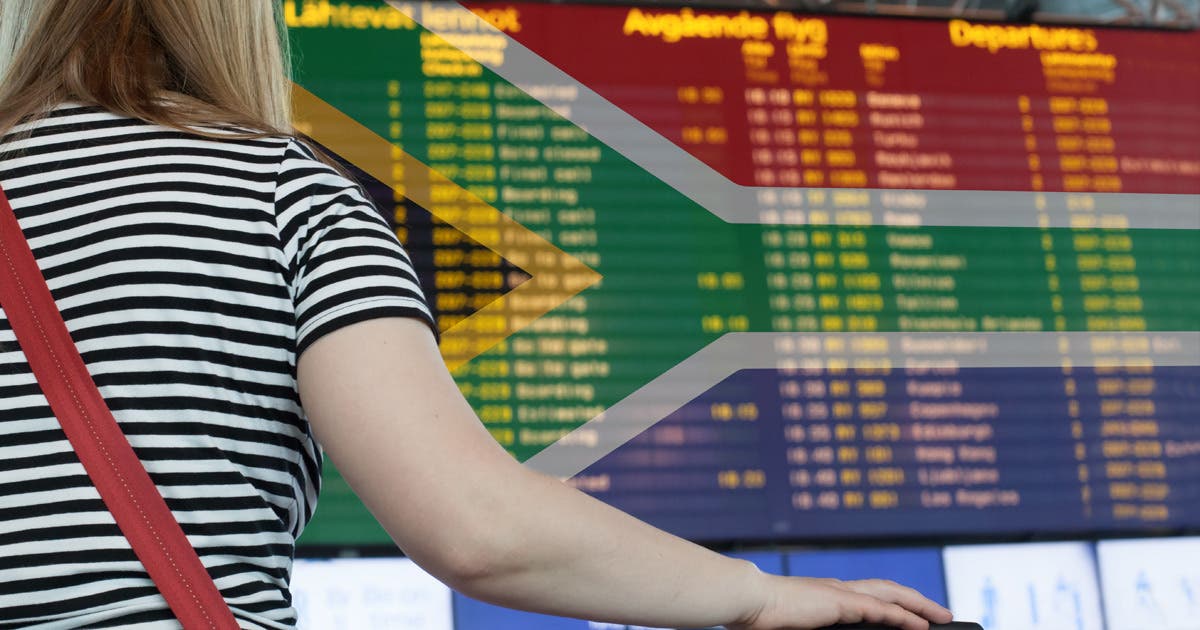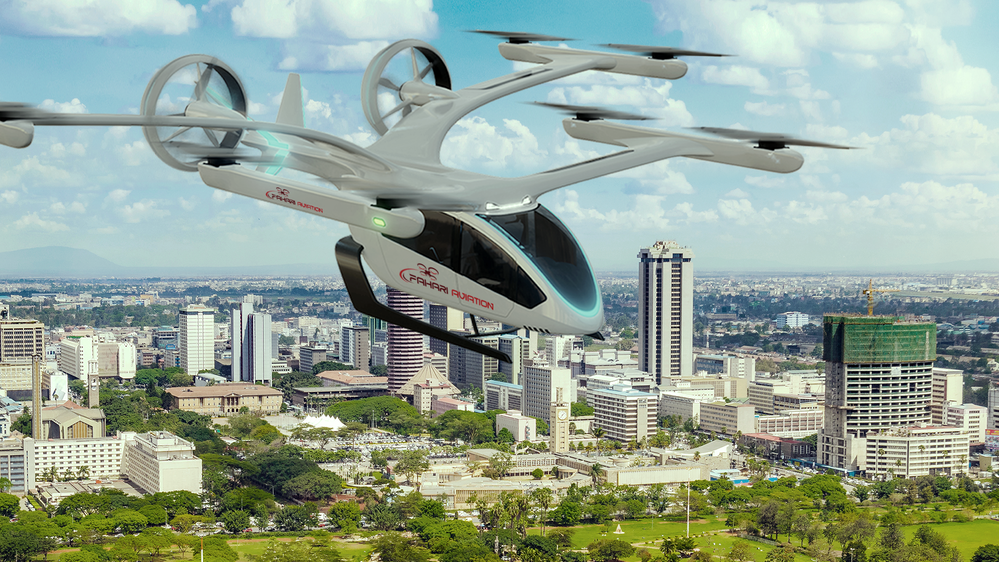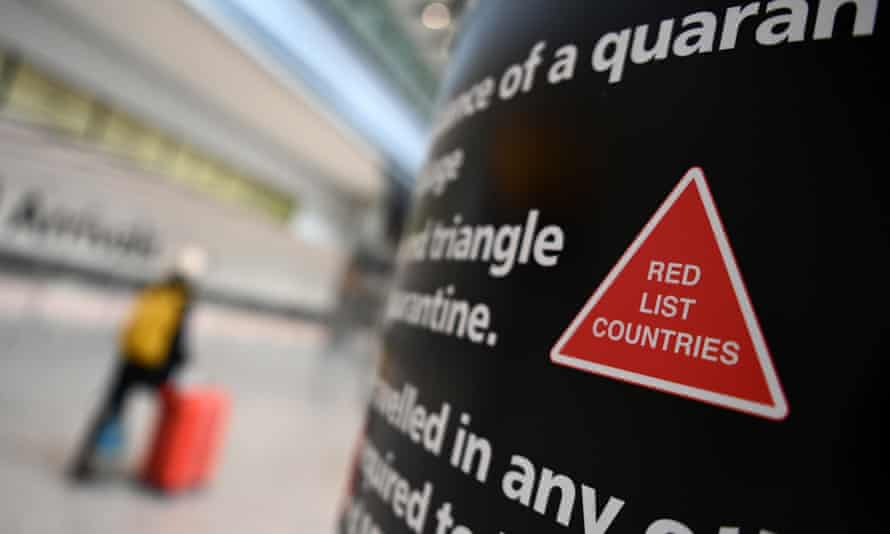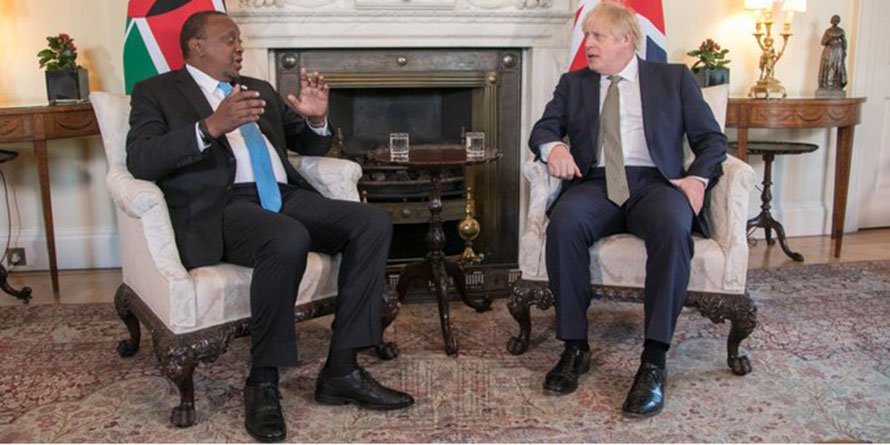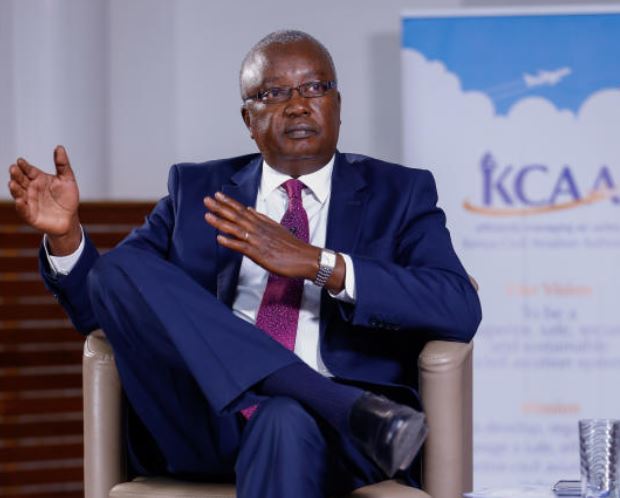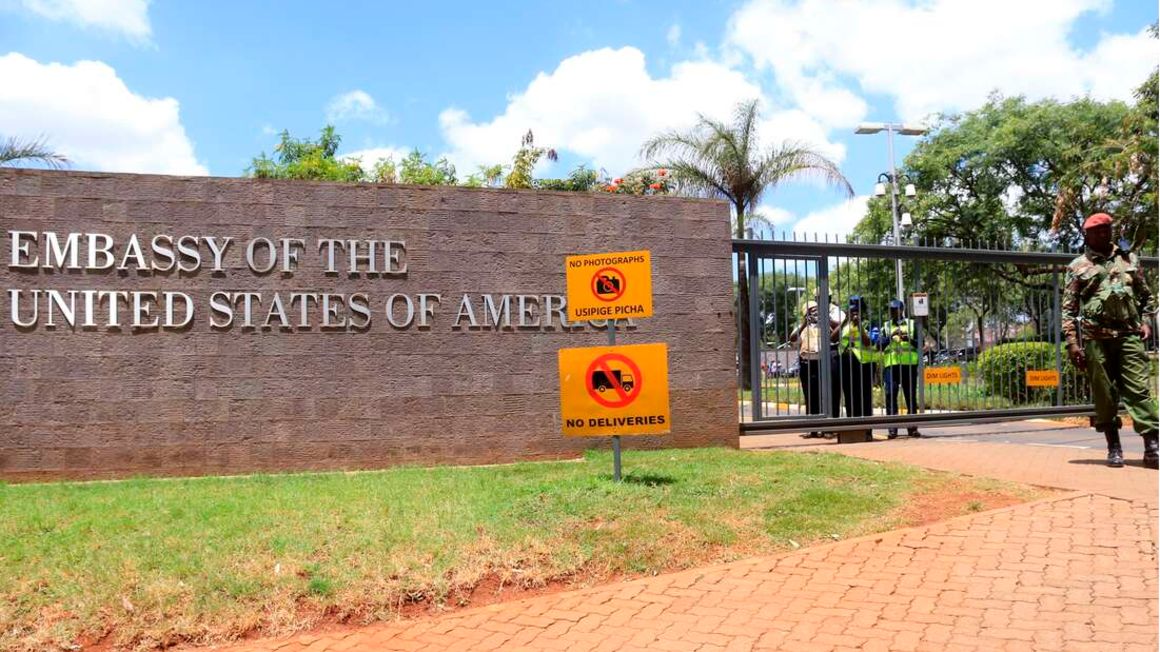COVID-19 is once again affecting the travel industry due to its new and fast-spreading Delta variant. Since today’s travelers must once more decide whether to postpone or cancel their trip, we need to figure out exactly how we’re going to handle postponements and cancelations. Do we just give travelers credits and move everyone over?
Most agents I speak with these days say they’re concerned that they won’t be getting any funding during this second pandemic wave. Funds received during the first wave proved to be very helpful, allowing many people working in the travel industry the buffer needed to temporarily get by.
The most important thing agents are concerned about right now is their future. They wonder what the travel industry outlook is so they can make plans. It’s unfortunate that there are still so many people who will call us to get information and then book their travels online. When people choose to book online, more often than not they’re at a loss when it comes to understanding all of the rules, regulations and even laws they must adhere to before, during and after their travels.
The importance of travel agents should never, ever be underestimated as they represent a one-stop-shop for one’s travel needs. Because the first wave had such an impact on the industry, the question now is – can the industry sustain a second wave? Or are travelers just fed up with adhering to all of the changing rules? I’m finding that some travelers choose not to care anymore and continue to travel because they’ve been locked up for the past year and a half.
I wonder – why does it matter if covid is here in the US or if it’s overseas? It doesn’t make a bit of difference, so we might as well travel and enjoy ourselves while doing so. I just tell my clients to protect themselves according to current CDC recommendations.
So, what can travel agents do to prepare themselves to handle this second wave?
Firstly, you need to be better prepared than you were the first time. You need to make sure you’ve been in contact with all of your clients that have credits or that are interested in traveling. You also need to be on top of all news and information about your clients’ home location and their traveling destination.
Secondly, you need to know what options are available when travelers need to cancel or change their traveling dates. This way when a client asks you to make changes you’re already prepared with the answers. Being proactive is one of the best things agents can do right now. Of course, you should try to save each booking by moving the dates over so you don’t have to lose your booking.
Thirdly, make sure you look into any loans or grants available. If the government happens to offer more loans, grants or funds, make sure you know where to look in case you’re in need of additional financial help.
Lastly, don’t get depressed when listening to the news. There are many sources out there to get the correct information. Your best bet is to visit the CDC website so you can learn true and correct pandemic information first-hand.
Source: Travel Pulse


